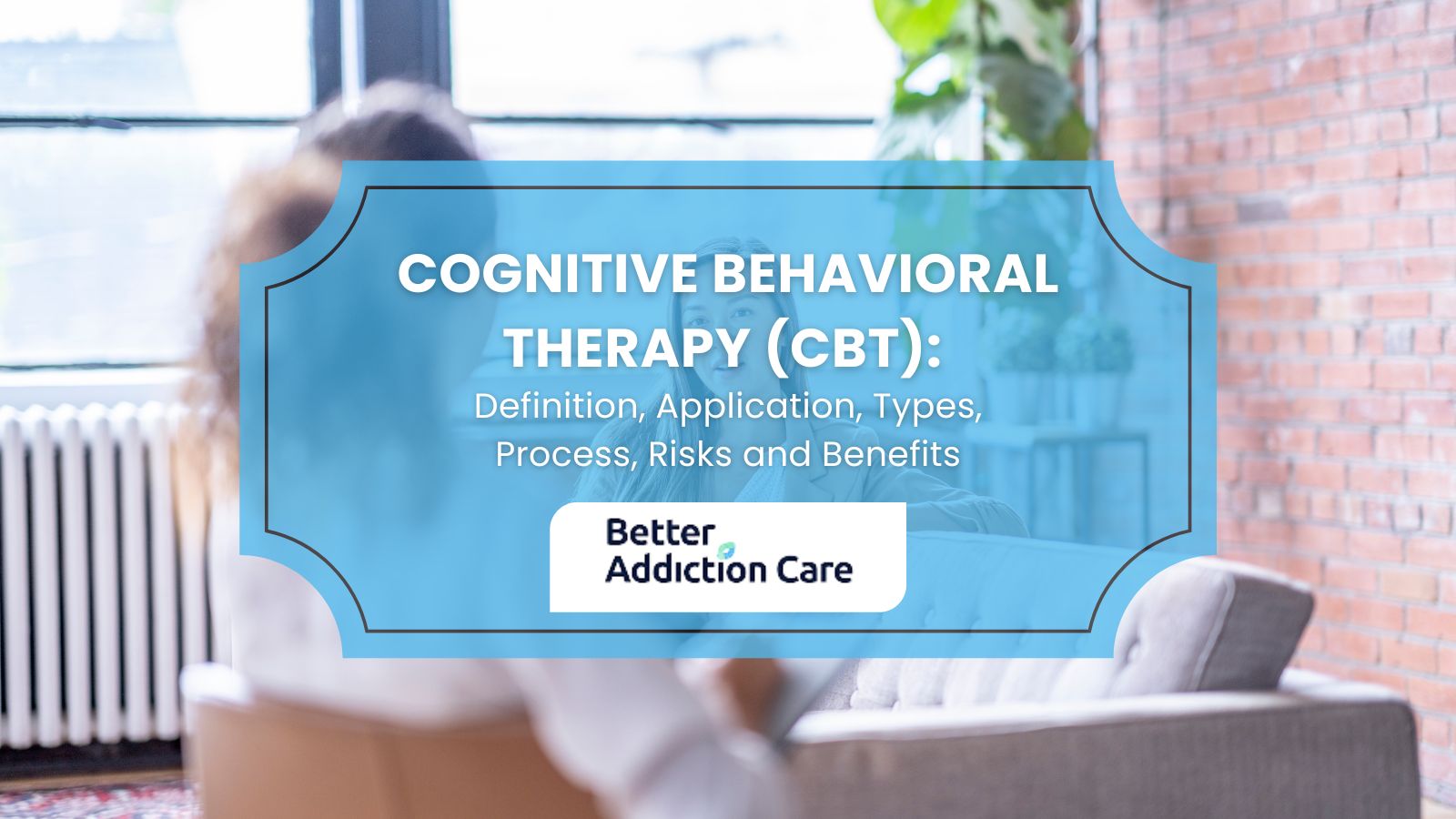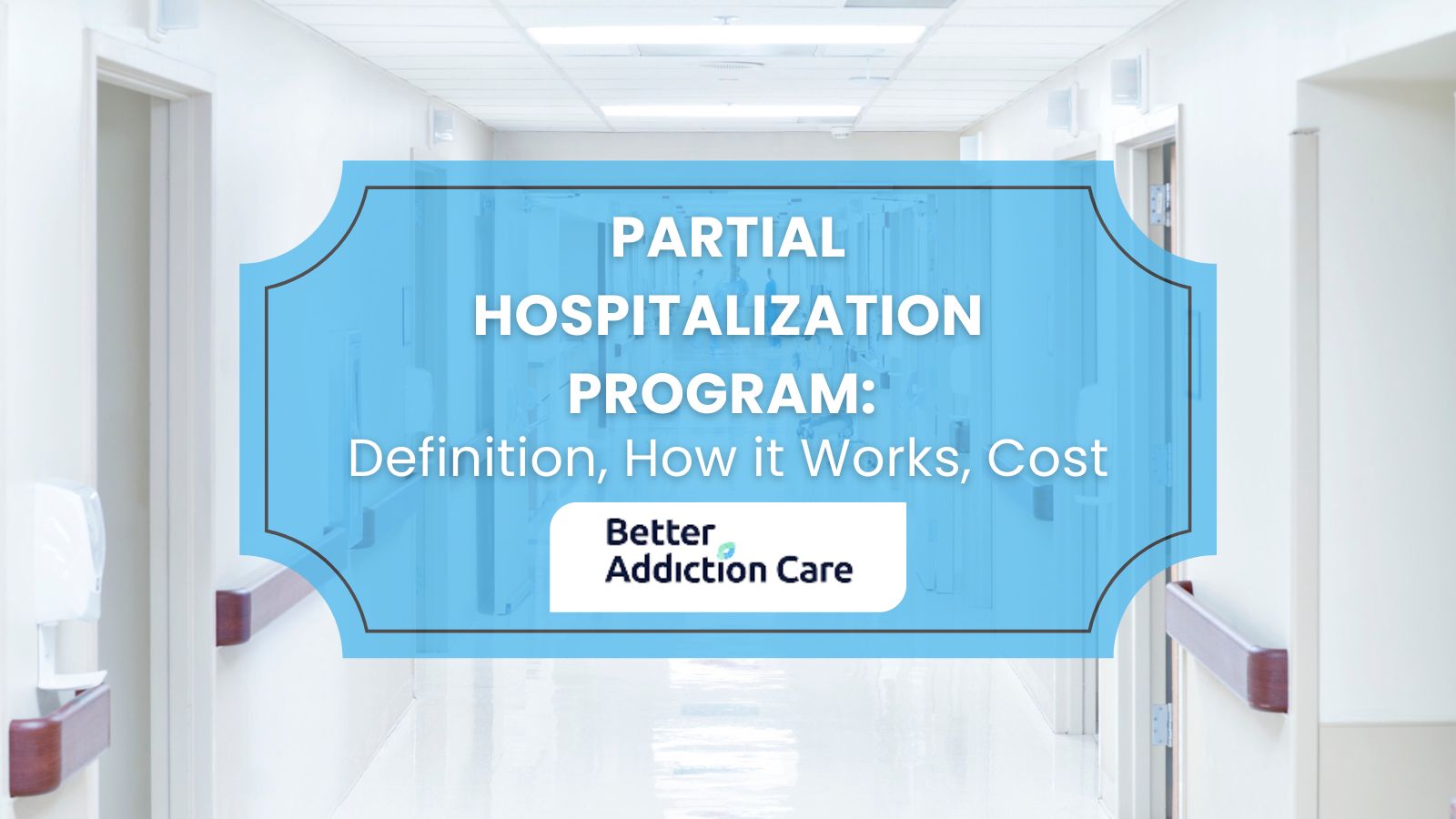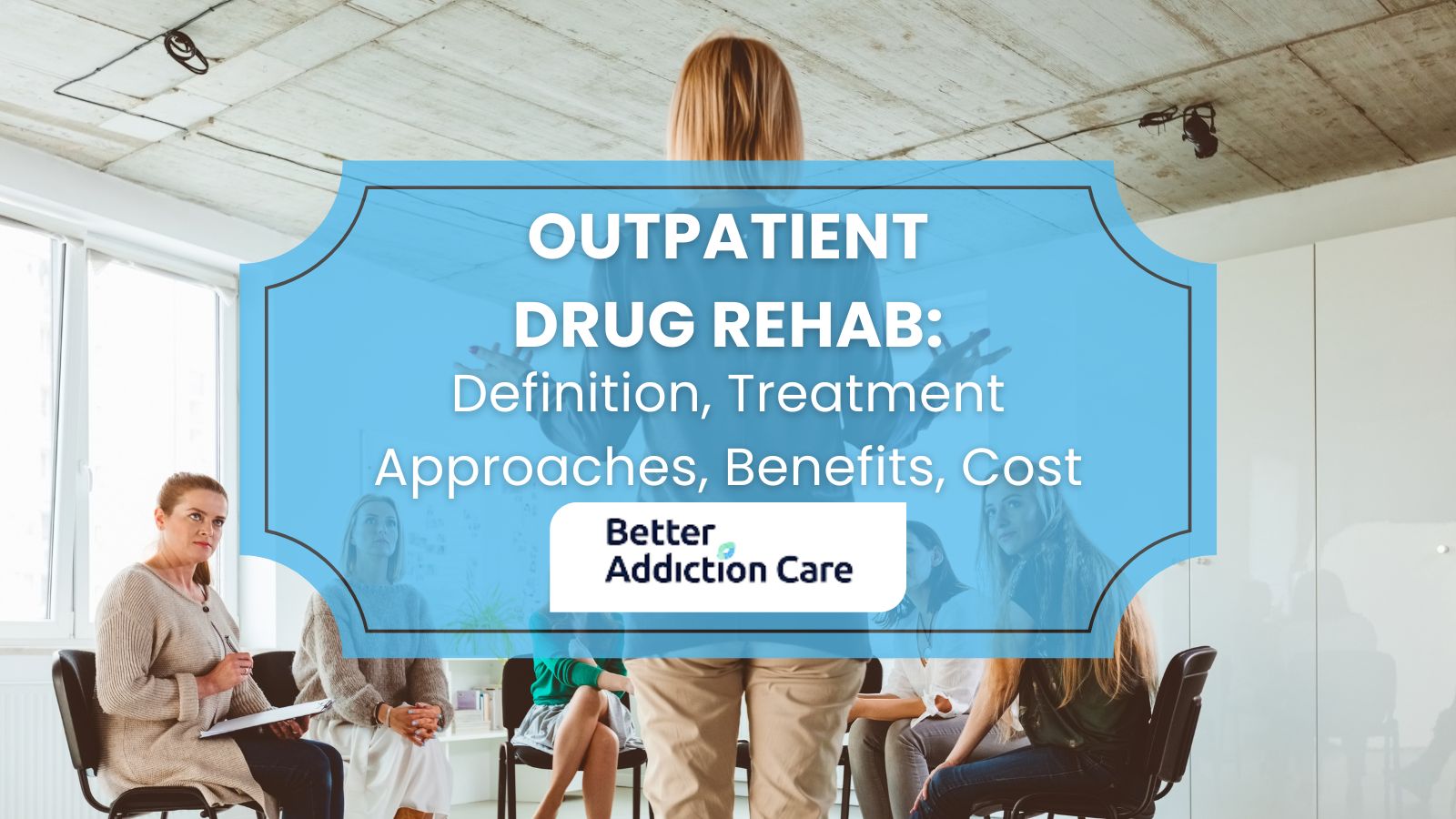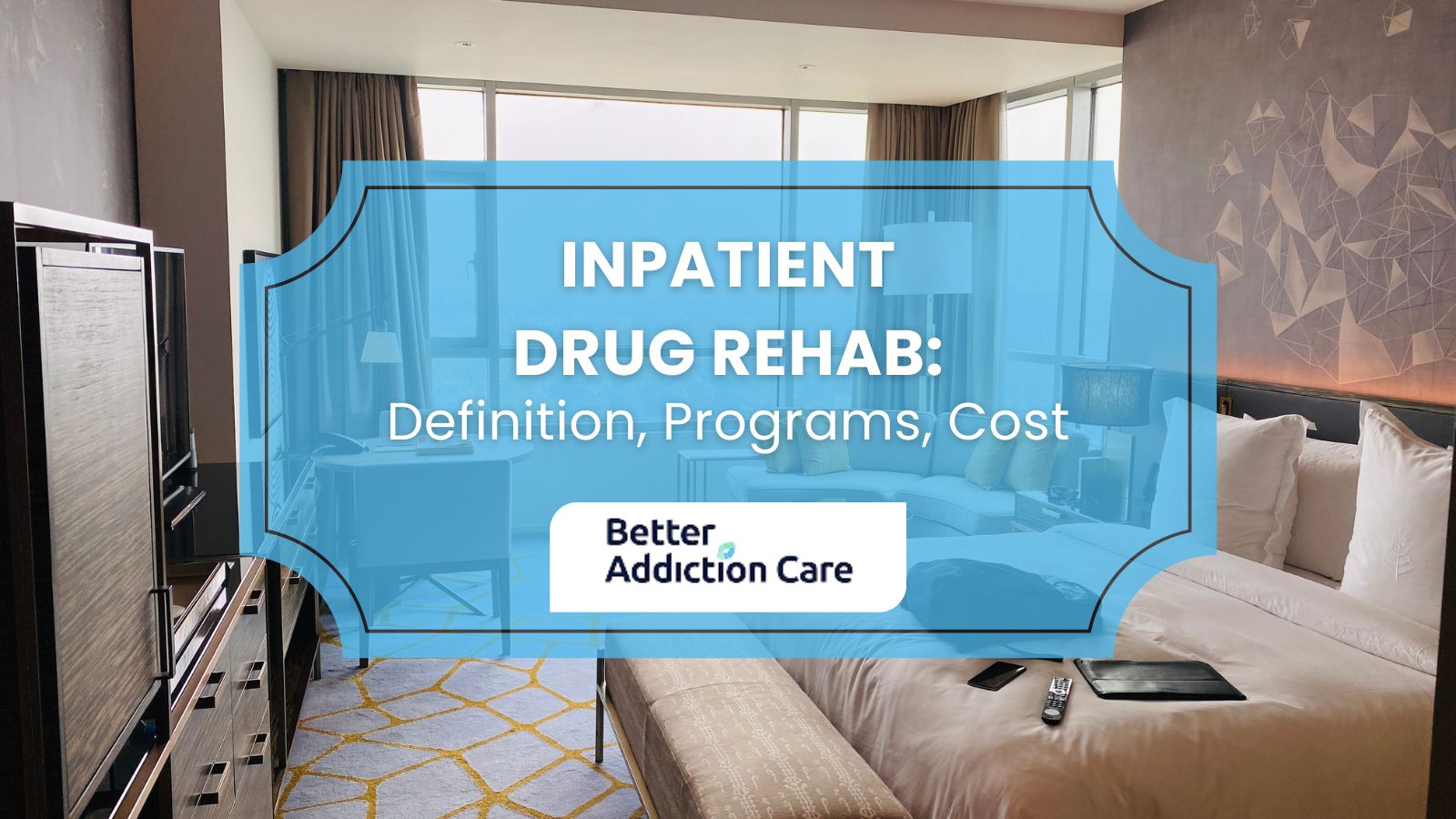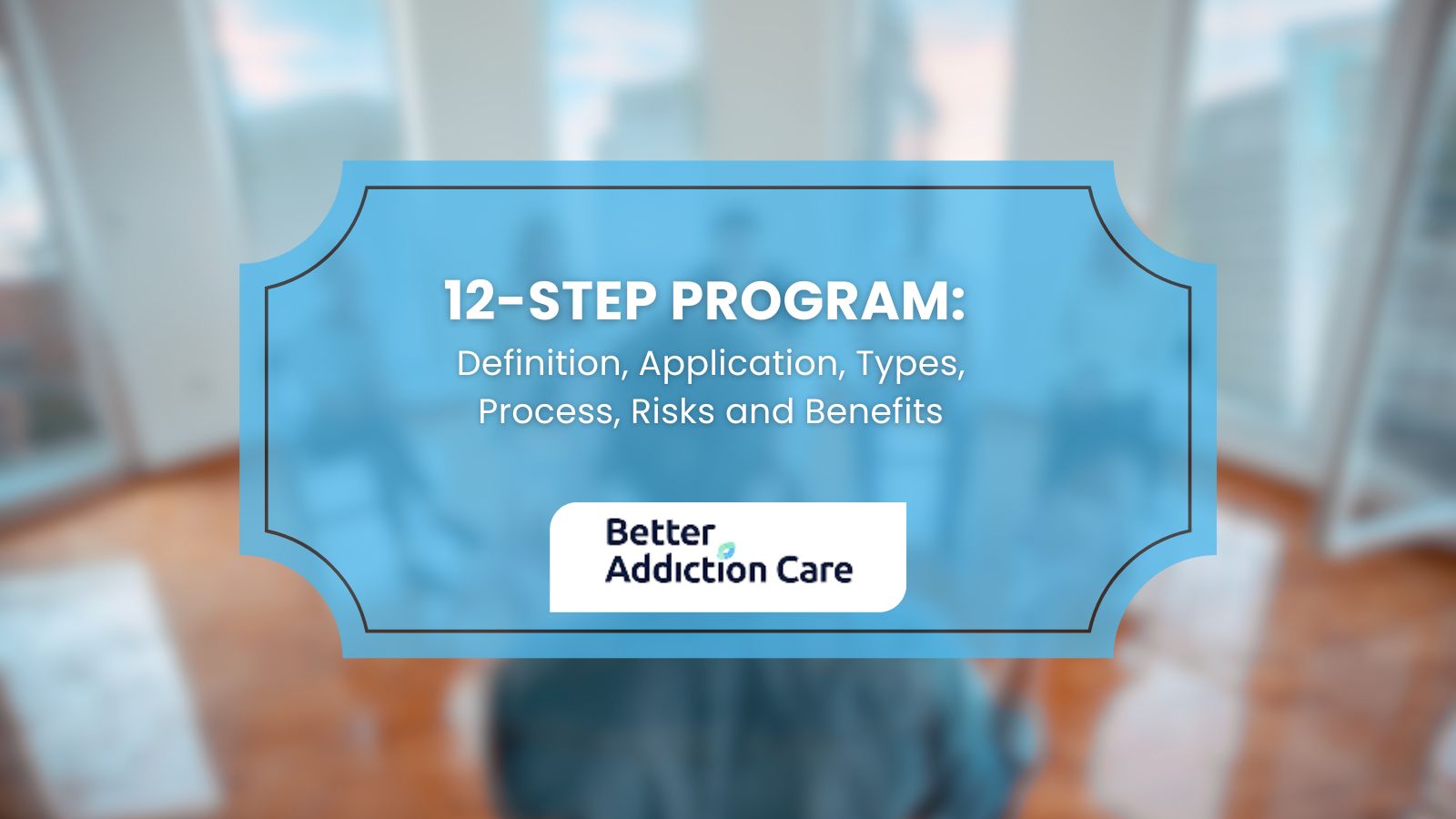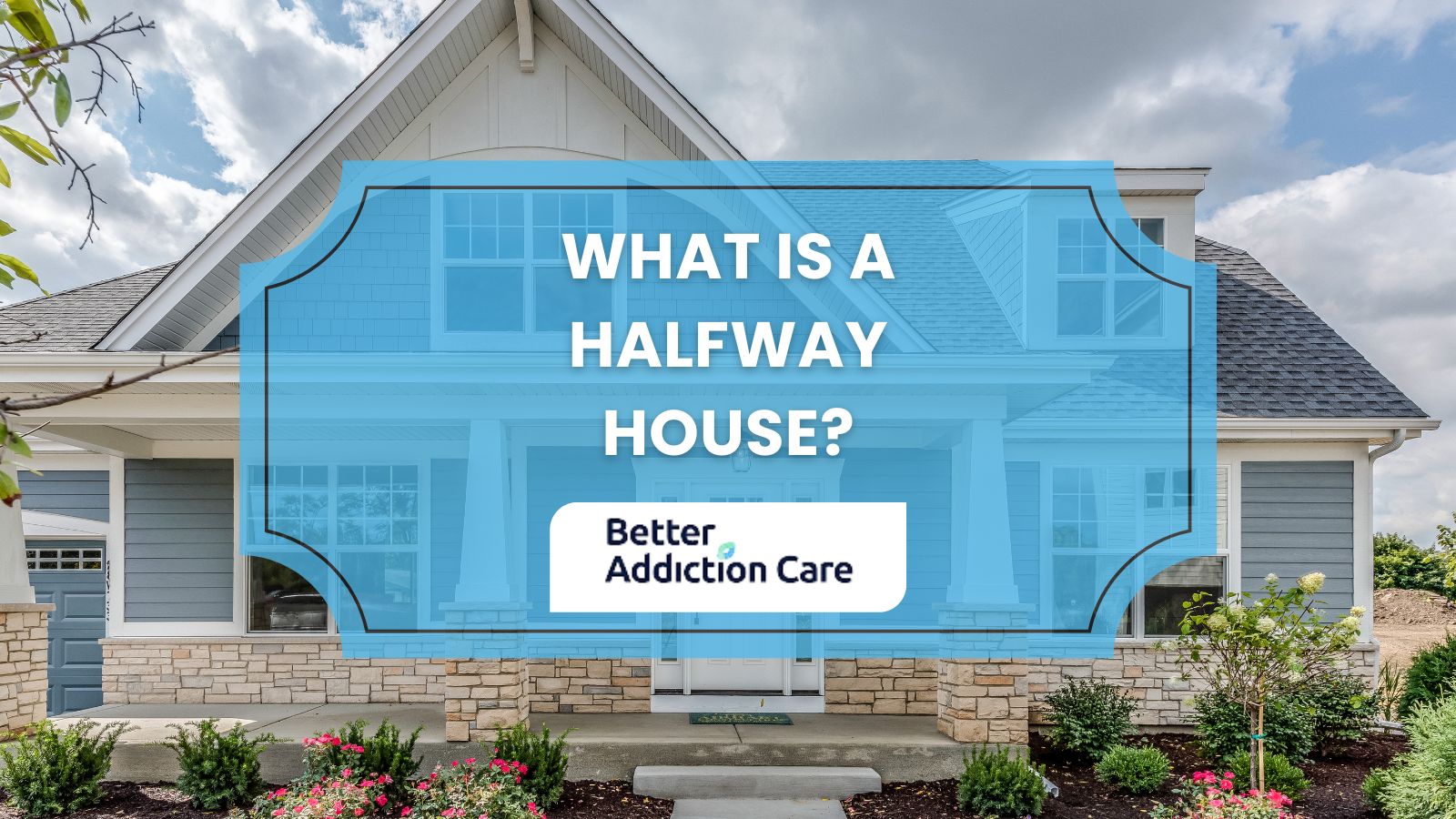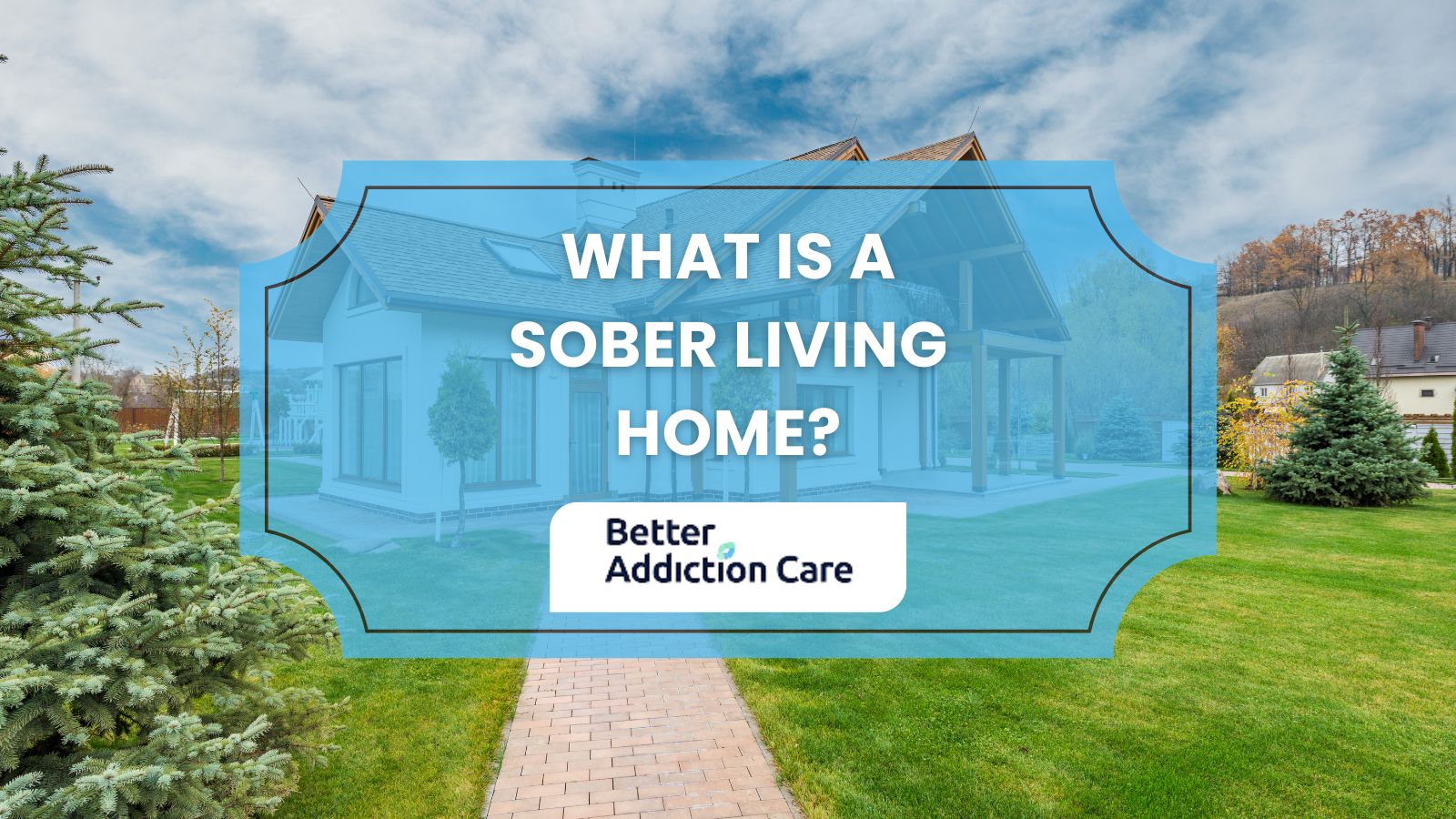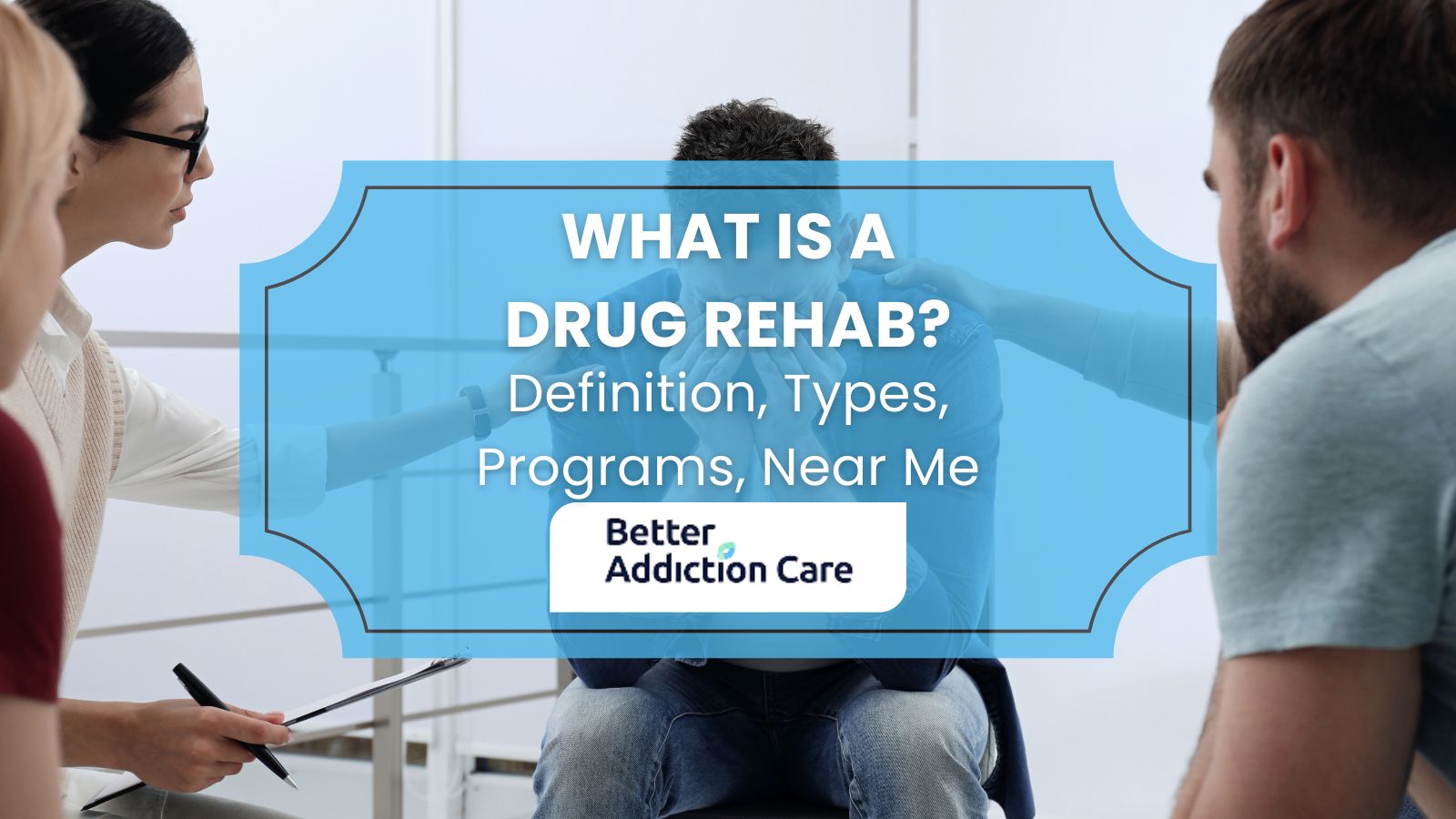NACC - Red Lake Tribal Health - Dosing Clinic

Overview
NACC - Red Lake Tribal Health - Dosing Clinic is a substance abuse treatment center for people seeking treatment near Hennepin County. As part of their treatment modalities for recovery, NACC - Red Lake Tribal Health - Dosing Clinic provides telemedicine/telehealth therapy, substance use disorder counseling, and smoking/vaping/tobacco cessation counseling during treatment. NACC - Red Lake Tribal Health - Dosing Clinic is located in Minneapolis, Minnesota, accepting medicaid for treatment.
NACC - Red Lake Tribal Health - Dosing Clinic at a Glance
Payment Options
- Medicaid
- Federal, or any government funding for substance use treatment programs
- IHS/Tribal/Urban (ITU) funds
- SAMHSA funding/block grants
- Cash or self-payment
Assessments
- Screening for tobacco use
- Comprehensive mental health assessment
- Comprehensive substance use assessment
- Interim services for clients
- Outreach to persons in the community
Age Groups
- Young adults
- Adults
Ancillary Services
- Integrated primary care services
- Domestic violence services, including family or partner
- Early intervention for HIV
- Mental health services
- Opioid use disorder clients only
Highlights About NACC - Red Lake Tribal Health - Dosing Clinic
6.82/10
With an overall rating of 6.82/10, this facility has following balanced range of services. Alcohol Rehabilitation: 8.00/10, Drug Rehab and Detox: 6.31/10, Insurance and Payments: 6.00/10, Treatment Options: 6.97/10.-
Alcohol Rehabilitation 8.00
-
Treatment Options 6.97
-
Drug Rehab and Detox 6.31
-
Insurance and Payments 6.00
Accreditations
Federally Qualified Health Center:
Federally Qualified Health Center (FQHC) accreditation is a process of evaluation and recognition by the federal government for community health centers that provide comprehensive and accessible healthcare services to underserved populations. FQHC accreditation is essential for centers to receive federal funding and to ensure that they meet standards for quality, patient-centered care.
Treatment At NACC - Red Lake Tribal Health - Dosing Clinic
Treatment Conditions
- Alcoholism
- Substance use treatment
Care Levels
- Outpatient
- Outpatient methadone/buprenorphine or naltrexone treatment
- Intensive outpatient treatment
- Regular outpatient treatment
- Aftercare
Treatment Modalities
- Telemedicine/telehealth therapy
- Substance use disorder counseling
- Smoking/vaping/tobacco cessation counseling
- Group counseling
- Intervention Services
Ancillary Services
Additional Services
- Pharmacotherapies administered during treatment
- Mentoring/peer support
- Breathalyzer or blood alcohol testing
Special Programs
- Clients with co-occurring mental and substance use disorders
- Criminal justice (other than DUI/DWI)/Forensic clients
- Clients with HIV or AIDS
- Clients who have experienced trauma
- Clients who have experienced sexual abuse
Contact Information
Read our Most Recent Article About Drug Addiction
DISCLAIMER: The facility name, logo and brand are the property and registered trademarks of NACC - Red Lake Tribal Health - Dosing Clinic, and are being used for identification and informational purposes only. Use of these names, logos and brands shall not imply endorsement. BetterAddictionCare.com is not affiliated with or sponsored by NACC - Red Lake Tribal Health - Dosing Clinic.
